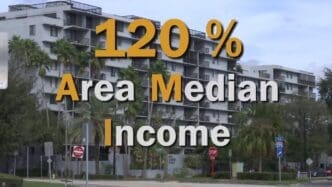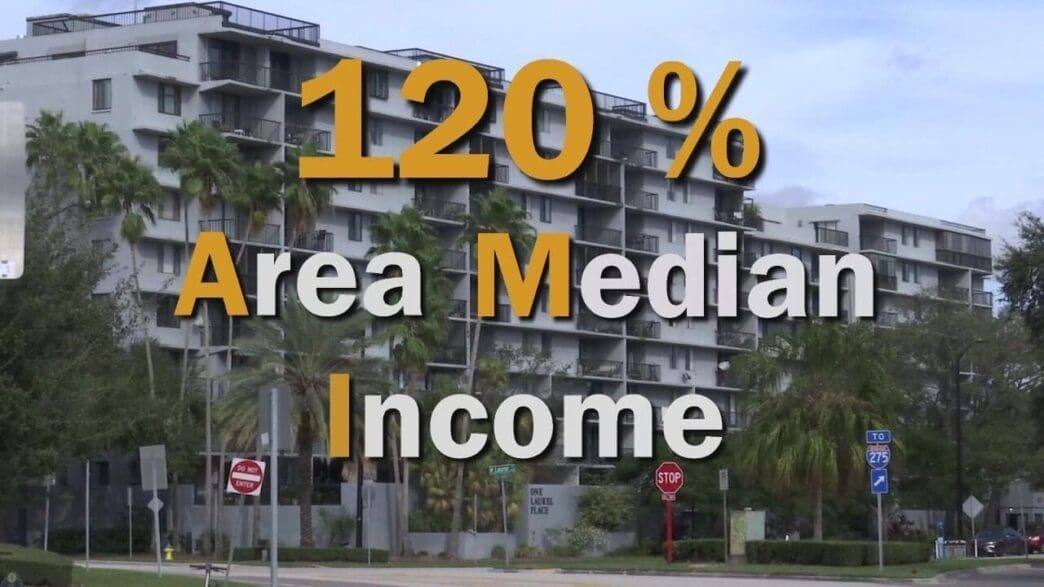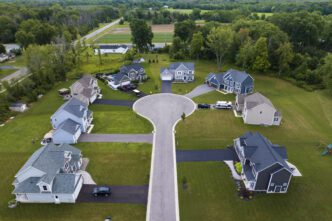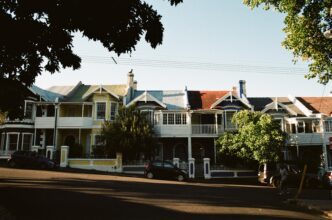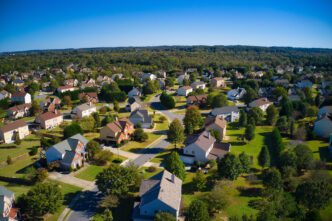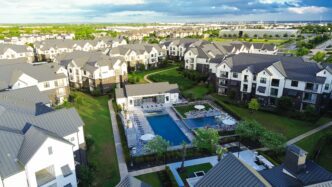In Florida, legislative efforts aimed at making housing more affordable have not significantly benefited those struggling like Becky Robinson, despite reforms in zoning and taxes.
In a landscape where housing costs are soaring, Becky Robinson’s story highlights the challenges faced by many Floridians. Despite working 50 hours a week as a home health aide, Robinson finds herself in a precarious financial position. ‘It’s hard to think that I’m in my late 50s and I don’t have anything,’ she expresses, pointing to the necessity of splitting rent four ways just to afford a place to live.
Robinson’s situation is compounded by the need to cut corners on essential expenses, including food and health insurance. ‘I prefer to eat healthy, but everybody knows that healthy costs more,’ she admits, underscoring the sacrifices she makes by eating once a day to save money. Earning $15 an hour without health insurance, Robinson emphasizes her dilemma, ‘I can’t even think about insurance right now because that would take the place of food,’ noting her 15 years of experience in her field.
The Florida Live Local Act of 2023 was enacted to address what developers and lawmakers term the ‘missing middle’, offering subsidies and property tax breaks to promote affordable housing. However, these benefits are tied to a rent cap set at 120% of the area’s median income, which translates to rents as high as $2,500 per month in areas like Pinellas County. This cap, in reality, does little to help individuals like Robinson, whose income bracket falls within this challenging gap between qualifying for assistance and affording market rates.
Local government control over zoning has also been reduced under the state law, causing frustration among city policymakers. St. Petersburg City Councilman Richie Floyd notes the limitations this imposes on local governance. Furthermore, a new restriction preventing qualifying developers from building within 10,000 feet of an airport has complicated efforts to increase housing in urban areas, effectively reducing available sites by about 22%, according to LandTech CEO Johnny Britton.
Despite these hurdles, some believe that the state’s initiatives could eventually yield positive results. Real estate attorney Jake Cremer argues, ‘It’s a great start. It is, probably the most aggressive legislation in the country right now. But we can, we can always improve it, and we should.’ Meanwhile, former State Senator Jeff Brandes advocates for more research-backed revisions, cautioning against untested approaches to such a significant issue.
Ultimately, the legislation reflects a complex interaction between policy intentions and ground realities. It underscores the need for thoughtful adjustments to ensure the goals of affordability and accessibility are met across a diverse populace.
The struggle to make housing affordable in Florida continues to be a pressing issue. As reforms seek to bridge the gap, the lived experiences of residents like Becky Robinson highlight the work still needed to achieve meaningful and inclusive solutions.
Source: Fox13news

